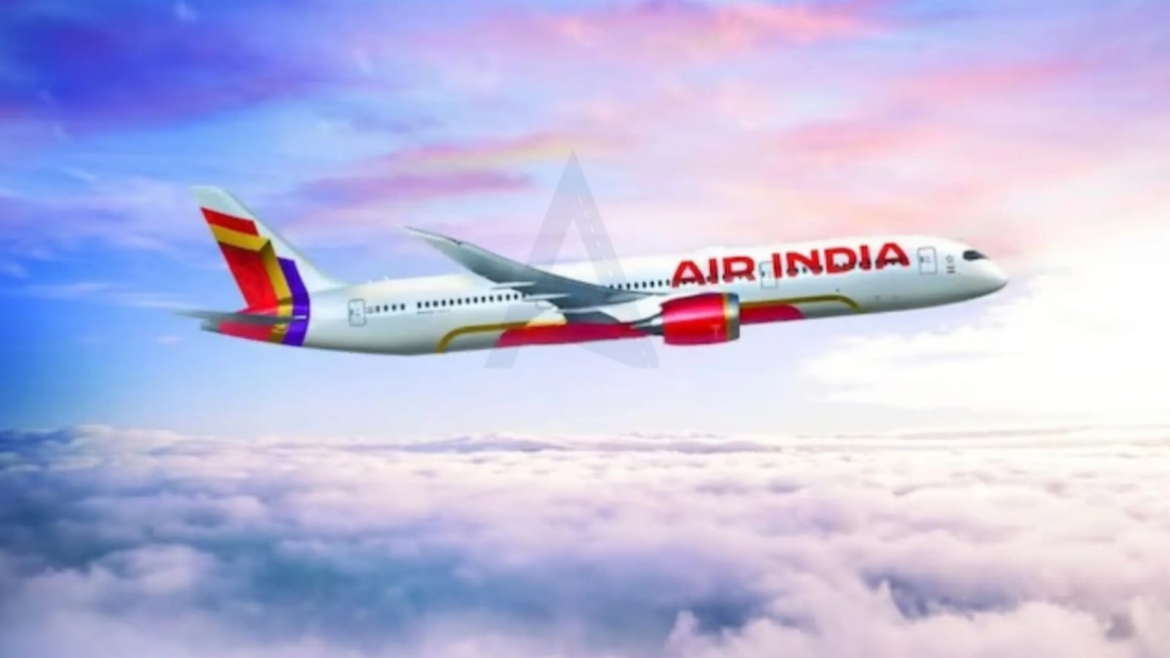The merger of Air India and Vistara, which was finalized to create a stronger competitor in the Indian aviation market, has not been without its challenges. As the two airlines integrate their operations, significant tensions have emerged, particularly regarding pilots’ career progression plans. This issue highlights the complexities of merging two distinct corporate cultures, operational frameworks, and employee expectations in the highly competitive aviation industry.
The integration process began after Tata Sons acquired Air India and its subsidiary Vistara, aiming to consolidate their resources, improve service offerings, and enhance operational efficiencies. While the merger is anticipated to benefit the airlines by creating a larger fleet and expanding routes, it has also led to growing concerns among pilots regarding their career growth and job security. These worries have been fueled by the differing policies and practices of the two airlines, particularly concerning seniority and promotion criteria.
At the heart of the discord is the pilots’ career progression framework, which has become a contentious issue since the merger announcement. Pilots at Air India and Vistara have traditionally followed different paths in terms of seniority, training, and promotions. For instance, Vistara, a relatively younger airline established in 2013, has implemented a different approach to career progression compared to Air India, which has a long-standing legacy in the aviation sector. This discrepancy has resulted in a palpable sense of anxiety among pilots, many of whom fear that their hard-earned seniority and career advancement opportunities may be jeopardized in the new organizational structure.
As the integration moves forward, pilots from both airlines are grappling with uncertainties about how their experience and qualifications will be evaluated in the merged entity. This situation has led to a sense of insecurity among Vistara pilots, who feel their upward mobility could be hindered by the seniority-based systems employed by Air India. Many pilots have raised concerns that the merger could result in a homogenization of career paths that may not adequately recognize their contributions and experience.
The management of the newly merged airline faces the daunting task of addressing these concerns while ensuring a smooth transition. Effective communication has emerged as a critical component in this process, as pilots seek clarity on the career progression framework and how it will be implemented in the context of the merger. Transparency about the decision-making process regarding promotions, training opportunities, and seniority is essential to alleviate tensions and foster a sense of trust among the pilots.
To address the career progression concerns, airline management has begun to explore potential solutions that could help bridge the gap between the two airlines’ policies. Some proposals have included establishing a unified career progression framework that recognizes the unique strengths of both airlines while providing a clear pathway for pilots’ advancement. Additionally, management has considered implementing mentorship programs to facilitate knowledge sharing and skill development among pilots from both legacy systems.
However, the path to resolving these issues is fraught with challenges. Any proposed changes to career progression policies must be carefully weighed against the need for operational efficiency and the imperative to maintain high safety standards in aviation. Navigating the complexities of merging two distinct corporate cultures requires sensitivity and a nuanced approach that balances the needs of pilots with the operational goals of the airline.
The ongoing turbulence surrounding pilots’ career progression plans underscores the broader implications of mergers in the aviation industry. The integration process is not merely a financial or logistical challenge; it is also a human endeavor that involves addressing the concerns and aspirations of employees who are integral to the success of the airline. Maintaining morale and ensuring that pilots feel valued and recognized for their contributions is crucial for the long-term success of the merged entity.
As the merger of Air India and Vistara continues to unfold, the management’s ability to navigate these complexities will be pivotal. Successfully addressing pilots’ concerns and fostering a cohesive organizational culture will be essential in establishing the merged airline as a formidable player in the Indian aviation market. The future success of the airline hinges not only on its operational efficiencies but also on its capacity to create a workplace that empowers its pilots and nurtures their career growth.
Ultimately, the challenges arising from the merger pains highlight the need for proactive management strategies that prioritize employee engagement and satisfaction. By investing in open communication, transparent processes, and a unified career progression framework, Air India and Vistara can pave the way for a successful integration that benefits both the airline and its employees. The outcome of this merger will serve as a case study for future consolidations in the aviation industry, illustrating the importance of addressing employee concerns and fostering a collaborative workplace culture.

